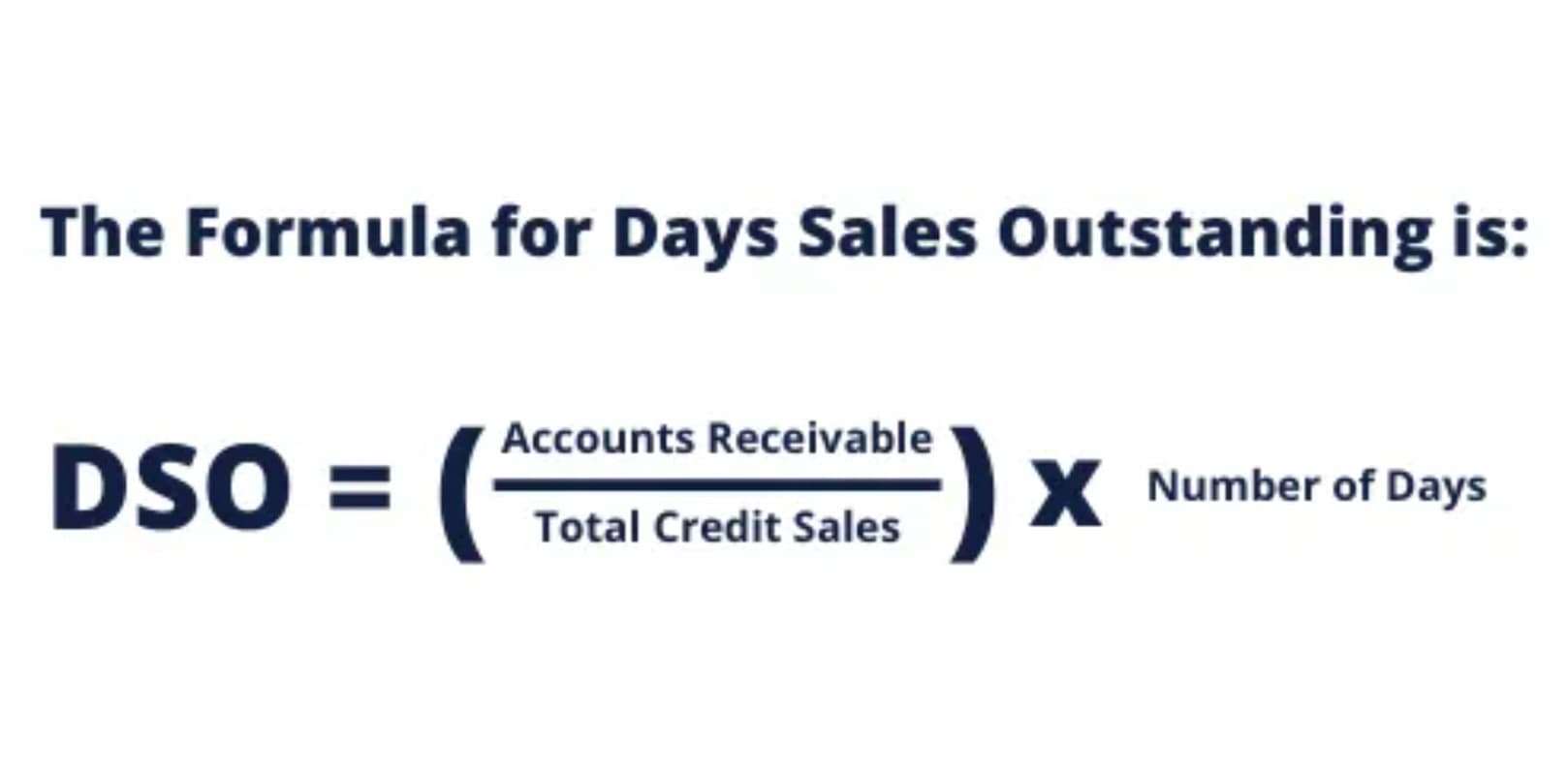
Top features for every plan include the ability to create and send invoices, track time and project profitability, claim expenses, bulk reconcile transactions and accept multiple currencies. FreshBooks is an intuitive, easy-to-use accounting software designed for small business owners who do not have an accounting background. It allows users to easily create invoices, manage projects, track expenses, track time, track loans and file taxes. By using cloud accounting software, you can easily track and manage your financial data in real-time, making it easier to generate accurate and up-to-date reports for tax purposes. With cloud accounting software, businesses can easily add or remove users and adjust their storage and processing capabilities as needed.
Best for Businesses With a Lot of Expenses

For freelancers and small businesses, this is often a more cost-effective option than employing a full-service accounting agency. Business owners looking for an accounting software platform would be wise to select a cloud-based system. To help cloud accounting you find the best cloud accounting software, Forbes Advisor has compiled a list of the top picks based on pricing, features, support and more. Cloud accounting also improves financial management by providing real-time access to financial data.
Easy scalability to meet growing business demands
- Cloud accounting differs from traditional accounting software in several ways.
- Businesses can store anything from proposals and quotes to accounts payable and receivable files.
- Many business owners who migrated to cloud accounting technology have reported cost savings and greater efficiencies in day to day operations.
- Different industries are expected to see dramatically different benefits from the cloud.
- Easily see all of your accounts and financial data, record sales, get paid, and keep track of all your money in one organized place.
For new businesses, starting fresh with a cloud solution is easy as signing up. Established businesses however, will need to plan ahead for migration to ensure that critical data is kept intact and everything continues running smoothly. Fortunately, major cloud accounting providers such as QuickBooks Online allow seamless transition from older, traditional desktop based solutions. Cloud accounting software is similar to traditional, desktop based solutions, with the difference being that it is hosted on remote servers. Some common challenges in cloud accounting include data migration, which requires transferring financial data from existing systems to the cloud accounting software. This process may involve cleaning and organizing data, ensuring accuracy, and mapping data fields.
Subscription Models and Regular Updates
Additionally, only 22% of businesses do not plan to take advantage of cloud finance technology in the future, down a few percentage points from the previous year. There are lower risks of accounting errors with cloud-based accounting systems because all the relevant financial information is entered in the same place. If you’re entering expenses and income regularly and categorizing transactions, you can pull up an accurate report at any time. Prices may range from $0 to $200 per month for cloud-based software. Desktop accounting software can go as high as more than $1,000 per month, depending on the number of users included in the plan. The most basic purpose of accounting software is to track revenue, expenses, assets, and liabilities and produce a balance sheet and profit and loss (P&L) statement.
How is cloud accounting accessible?
This requires careful planning of your ERP upgrade, as well as an ERP evaluation and review of your deployment options. ERP transformed the technology sector by serving a broader range of industries and by combining MRP II, human resources, project accounting, and end-user reporting. ERP systems also support industry-specific requirements, either as part of the system’s core functionality or through application extensions that seamlessly integrate with the suite.

Using traditional accounting methods will expose business owners or team members to these administrative tasks. However, with cloud accounting, you are less worried about these tasks. The easy-to-understand interface of this web-based software can remove the tension of administrative tasks. The difference between the two terms is that cloud accounting is an online-based accounting system accessed through the Internet, offering real-time data access, enhanced collaboration, and scalability. While traditional accounting relies on locally installed software, limiting accessibility and requiring manual updates.
